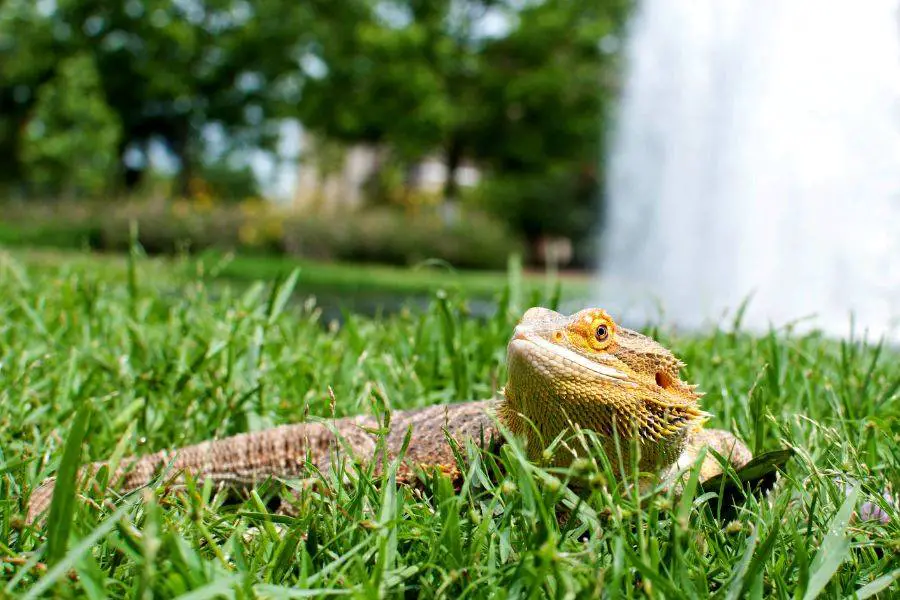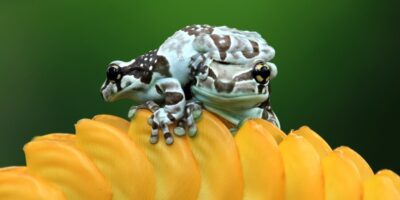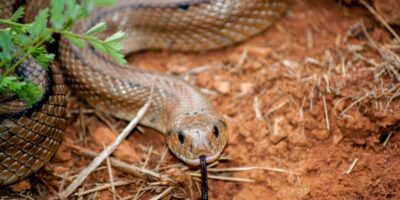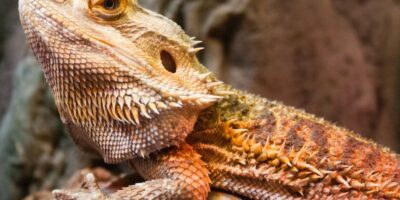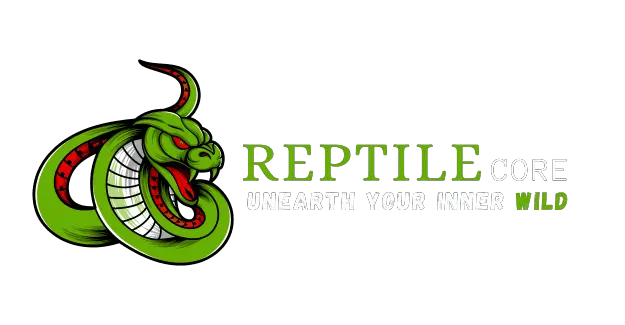Feeding eggplant to bearded dragons is an interesting topic that many reptile enthusiasts are curious about. As responsible pet owners, we always strive to provide a balanced diet for our bearded dragons to ensure their overall health and well-being. This includes offering a variety of nutritious foods that meet their specific dietary requirements. Now, let’s explore whether eggplant can be a part of their diet and what considerations we need to keep in mind.
Nutritional Value of Eggplant
When it comes to the nutritional value of eggplant, it contains a variety of vitamins and minerals that can be beneficial for bearded dragons. Eggplants are a good source of vitamins such as vitamin C, vitamin K, and various B vitamins.
These vitamins play important roles in supporting their immune system, promoting healthy blood clotting, and aiding in energy metabolism. Additionally, eggplant is rich in minerals like potassium, manganese, and copper, which are essential for maintaining proper bodily functions in bearded dragons.
These nutrients can contribute to their overall health and well-being when incorporated into a balanced diet. However, it’s important to remember that while eggplant can offer certain benefits, it should be given in moderation and as part of a varied diet to ensure they receive all the necessary nutrients they need. Always consult with a reptile veterinarian for specific dietary recommendations tailored to your bearded dragon’s individual needs.
Can bearded dragons have eggplant?
Let’s talk about the safety of feeding eggplant to our bearded dragons. While eggplant is generally considered safe for them to consume, there are a few things to keep in mind. One concern is that eggplant contains a compound called solanine, which can be toxic in large quantities. However, the levels of solanine in eggplant are typically low and not likely to cause harm when fed in moderation.
It’s important to note that some bearded dragons may have individual sensitivities or allergies, so it’s always a good idea to introduce new foods gradually and monitor their response. Additionally, bearded dragons have specific dietary requirements, and eggplant should only be offered as part of a balanced diet that includes other vegetables, fruits, and appropriate protein sources.
Preparing Eggplant for Bearded Dragons
If you’re planning to prepare eggplant for your bearded dragon, there are a few guidelines to keep in mind. First, it’s important to select a fresh and ripe eggplant. Then, wash it thoroughly to remove any dirt or residue. Since the skin of the eggplant can be tough for bearded dragons to digest, it’s a good idea to peel it before feeding. Additionally, be sure to remove the seeds, as they can also pose a choking hazard. Once you’ve prepared the eggplant, you can cook it by steaming, boiling, or baking it until it becomes soft and easily mashable. Remember to let it cool down before offering it to your bearded dragon. Feeding Eggplant to Bearded Dragons
When it comes to feeding eggplant to your bearded dragon, portion sizes and frequency are important factors to consider. It’s recommended to offer eggplant as part of a varied diet, alongside other vegetables, fruits, and appropriate protein sources. Bearded dragons have different dietary needs based on their age, size, and overall health, so it’s best to consult with a reptile veterinarian for specific recommendations. Generally, it’s advised to feed eggplant in small portions, about the size of their head, a few times a week. Remember, moderation is key! Offering a variety of vegetables and fruits ensures they receive a well-rounded diet that meets their nutritional requirements.
While eggplant can be a part of a bearded dragon’s diet, it’s not recommended that they feed it every day. Bearded dragons require a varied and balanced diet that includes a mix of vegetables, fruits, and protein sources. Feeding the same food every day may lead to nutrient imbalances or deficiencies. It’s best to offer a variety of foods to ensure they receive a wide range of nutrients. So, while your bearded dragon can enjoy eggplant occasionally, it’s important to provide them with a diverse diet for their overall health and well-being.
Signs of Allergic Reaction or digestive issues
Bearded dragon owners should be aware of the signs that may indicate an adverse reaction to a particular food, including eggplant. While eggplant is generally safe for bearded dragons, individual sensitivities can vary. If you notice any of the following signs after feeding your bearded dragon eggplant or any other food, it’s important to consult with a reptile veterinarian immediately:
- Gastrointestinal Issues: Keep an eye out for diarrhoea, constipation, or changes in the frequency or consistency of their droppings. These can be signs of digestive distress.
- Loss of Appetite: If your bearded dragon suddenly shows a lack of interest in food, it could be a potential indication of an adverse reaction or underlying health issue.
- Lethargy or Weakness: If your bearded dragon becomes unusually lethargic or weak, it may be a cause for concern. They should generally be active and alert.
- Respiratory Problems: Wheezing, laboured breathing, or any other respiratory issues may indicate a more severe reaction and should be addressed promptly.
- Skin Irritation or Swelling: Watch for any signs of skin redness, swelling, or rash, as these could be signs of an allergic reaction.
Remember, if you notice any of these signs or any other unusual behaviour or symptoms in your bearded dragon, it’s crucial to seek immediate veterinary consultation. Reptile veterinarians have the expertise to properly diagnose and treat any health concerns your bearded dragon may have.
Are you a proud owner of a bearded dragon and curious about expanding its diet? Exploring new food options can be both exciting and nerve-wracking. In this post, we discussed the compatibility of eggplant with bearded dragons.
Conclusion
So, to sum it all up, feeding eggplant to your bearded dragon is okay, but it should be done in moderation as part of a varied diet. It’s important not to feed them eggplant every day and to consult with a reptile veterinarian for specific dietary recommendations. Keep an eye out for signs of adverse reactions like tummy troubles, loss of appetite, lethargy, respiratory issues, or skin irritation.
If you notice any of these signs or anything unusual, it’s best to reach out to a vet right away. Remember, a balanced diet and prompt attention to any concerns will help keep your scaly buddy happy and healthy.
